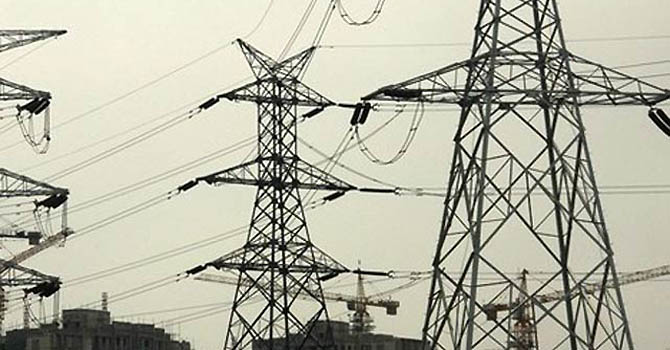The country has been preparing for potential power cuts since Ukraine said it would not extend a gas transit deal with Russian energy giant Gazprom when it expires on Dec. 31.
Moldovan president Maia Sandu has accused Gazprom of provoking an energy crisis, saying it was refusing to supply gas through an alternative route.
The government said it had approved a decision to restrict electricity exports during peak consumption hours from 0600 to 2300 (0400 to 2100 GMT), with Prime Minister Dorin Recean saying the temporary measure was needed to resolve the situation.
Russia supplies Moldova with about 2 billion cubic metres of gas per year through Ukraine. This is piped to the breakaway region of Transdniestria which uses the gas to generate cheap power, which it sells to government-controlled Moldova.
Moldova’s government said it would also introduce measures to reduce electricity consumption by at least 30% by limiting street lighting, switching off escalators in some public and commercial buildings, and changing work schedules for most energy-intensive businesses.
Recean said the government aimed to use all generating capacities with maximum efficiency and would continue focusing on supporting investments in renewable energy.
“The government will continue to encourage these enterprises: every megawatt of energy produced in the country at a fair price helps us,” Recean said. “Let us stand in solidarity, let us overcome this externally imposed situation together.”
Transdniestrian leader Vadim Krasnoselsky said he was appealing to all sides to avert an energy crisis. The enclave is home to a power plant that provides most of the power for government-controlled areas of Moldova at a fixed and low price.
Without gas supplies, the plant could stop working and Moldova and Transdniestria would face hours-long blackouts similar to those that Ukraine has learned to live with due to constant Russian bombardments of its energy infrastructure.
Russia’s Foreign Ministry has said Moscow would protect its citizens and peacekeepers in Transdniestria.
Reporting by Alexander Tanas; Writing by Olena Harmash; Editing by Alexander Smith – Reuters




